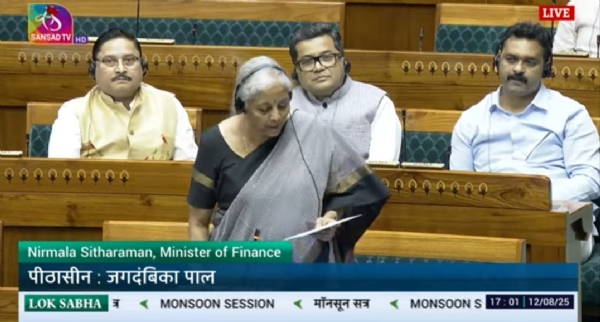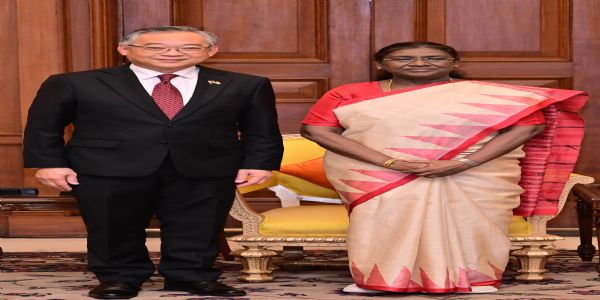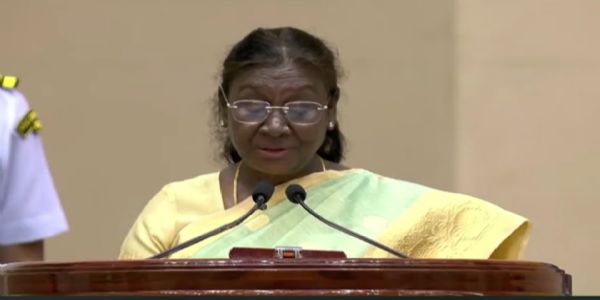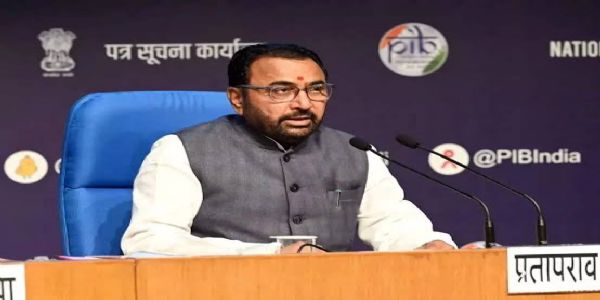
New Delhi, August 12 (HS): In a significant legislative milestone, the Rajya Sabha on Tuesday passed and returned to the Lok Sabha the Income Tax Bill, 2025 and the Taxation Laws (Amendment) Bill, 2025, paving the way for a complete overhaul of India’s direct taxation framework. The session was adjourned until August 18 soon after the passage.
Finance Minister Nirmala Sitharaman, moving the bills together, hailed the new Income Tax legislation as a taxpayer-friendly, simplified, and modern replacement for the Income Tax Act of 1961, aligning with the government’s commitment to reduce compliance burdens without raising taxes.
Reiterating Prime Minister Narendra Modi’s directive since 2019, she stressed that “whether during COVID-19 or beyond, not a rupee of additional burden has been placed on taxpayers.” She pointed out that under the new framework, individuals earning up to ₹1 lakh per month will pay no income tax, with slab rates reduced and relief measures expanded.
The transformation is sweeping — reducing the old law’s 819 sections to 536, and cutting 47 chapters down to 23. In place of dense legal prose, the bill introduces 39 new tables and 40 formulas, making tax computation easier to understand. Sitharaman described it as a “milestone for India’s financial architecture” that will make compliance simpler and fairer.
Expressing surprise at the Opposition’s no-show in the debate despite an agreed 16-hour discussion format in both Houses, Sitharaman remarked that their absence was in stark contrast to their frequent demands for parliamentary debate.
The Taxation Laws (Amendment) Bill, 2025, passed alongside, amends various provisions to align with the new legislation, extends certain exemptions, and streamlines compliance mechanisms.
Once the Rajya Sabha’s version aligns with the Lok Sabha’s, both bills will be sent to the President for assent, formally replacing the 1961 Act and ushering in what is being touted as India’s most significant tax system reform in over six decades.
---------------
Hindusthan Samachar / Jun Sarkar








